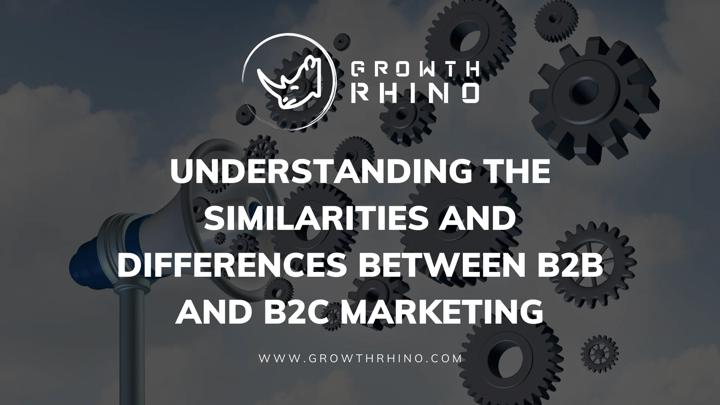
Today, modern-day marketers understand only the basic difference between selling to a particular business and selling to a set of consumers. However, B2B (business-to-business) and B2C (business-to-consumer) marketing strategies differ a lot. They vary on several points like buying cycles, relation-building strategy, and communication methods. Understanding these differences can be difficult, but they are crucial to excel in this field. Again, they hold a lot of similarities too, although the differences exceed this number.
In this article, we look across some similarities and differences between B2B and B2C marketing.
What Is B2B Marketing?
B2B marketing is abbreviated as business-to-business marketing, wherein a business tries to sell its products or services to another business instead of targeting regular consumers. Since these businesses market all their products or services to other companies, they target the decision-makers. They directly approach people or teams that make decisions on behalf of an organization. This saves them time and valuable resources since the decisions can be directly made on the spot.
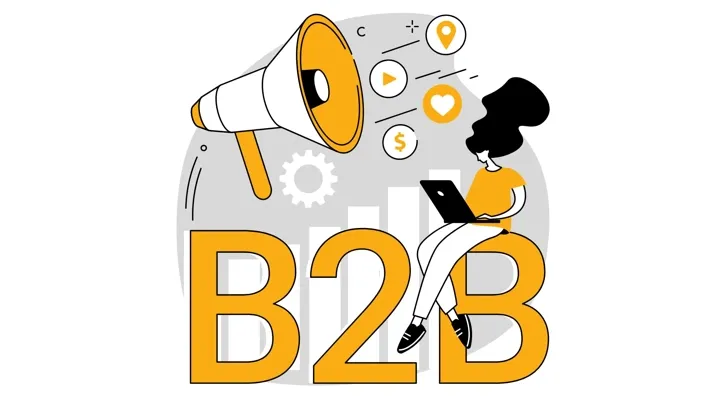
Some examples of B2B marketing are a med tech company selling medical software to health-care organizations, a digital agency devising SEO and online tools for marketing firms, etc.
What Is B2C Marketing?
B2C marketing refers to business-to-consumer marketing. As the name suggests, in this method, businesses directly target individual consumers who use their products for personal use. To drive the business, marketers target the consumers’ desires, needs, and problems and accordingly provide the products or solutions.
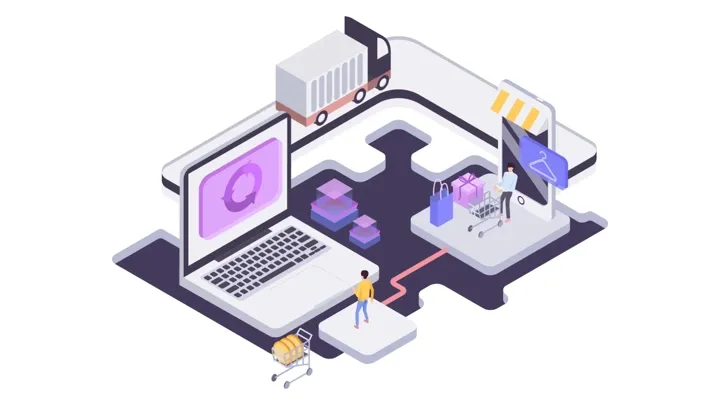
Some examples of B2C marketing are real estate companies that sell homes to people, retail stores, commodity dealers, etc.
Similarities of B2C and B2B Marketing:
While there are more differences when it comes to B2C and B2B marketing, they also have a lot of similarities. These similarities constitute some of the most fundamental points that explain the very idea of B2B and B2C marketing.
- Both the groups who perform either B2B or B2C marketing contain real people.
- You need to build a trustworthy relationship while making a sale. It does not matter if you use B2B marketing or B2C marketing.
- Through both B2B and B2C methods, you need to make sure and make it clear to the client that your offer can solve their issues.
- You need to open various channels for the client to contact you freely at times of need.
- It is crucial to continue the customer journey even after selling your service or product.
- The marketing team of your organization should work in harmony with the sales team.
- Whichever method you are using, you need to identify every person as an individual to make the process smoother.
- In both cases, the potential prospect is willing to spend their money and make a purchase for the product or solution you offer.
- As a marketer, while using any of these methods, you need to identify both the buyer persona and the ideal customer profile before proceeding with the deal.
Differences between B2B and B2C Marketing:
Though some fundamental points and processes between B2C and B2B marketing are similar, they are different in so many aspects. Here’s a list of differences between the two.
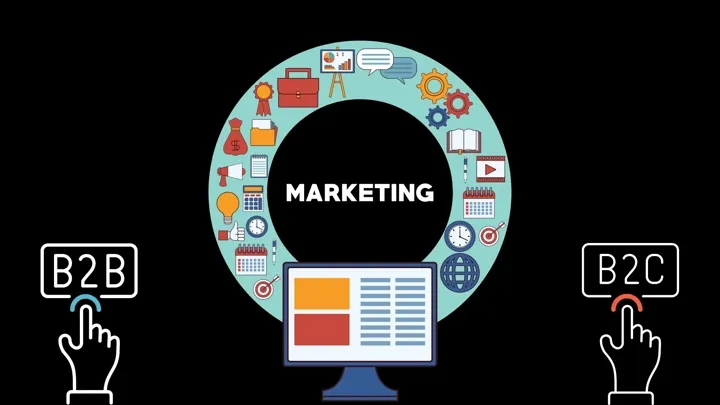
1) Customer Relationship:
When performing B2B marketing, you need to develop a personal relationship with your customer. Relations that would help you to create a long-term business plan are crucial. By developing such ties, you can easily portray your business values and ethics. This, in turn, helps you build your brand and gain ultimate recognition. Making personal relationships with businesses enables you to gather more leads with a significant effect on the quality of the deal.
On the other hand, in the case of B2C marketing, you need to build relationships that essentially lead to transactions. The main aim should be to accelerate sales and promote your products better. In that case, you need to have all your sales channels clear and spot-on for smooth processing. The sole aim of B2C marketing is to provide high-quality products within the least possible time.
2) Branding:
In the B2B marketing method, branding is solely based on relationship-building. You need to be spot-on and consistent with your product presentation and delivery, and your brand recognition will automatically follow. You just need to learn to portray yourself well in the market, cultivating your personality to derive lead generation and brand recognition.
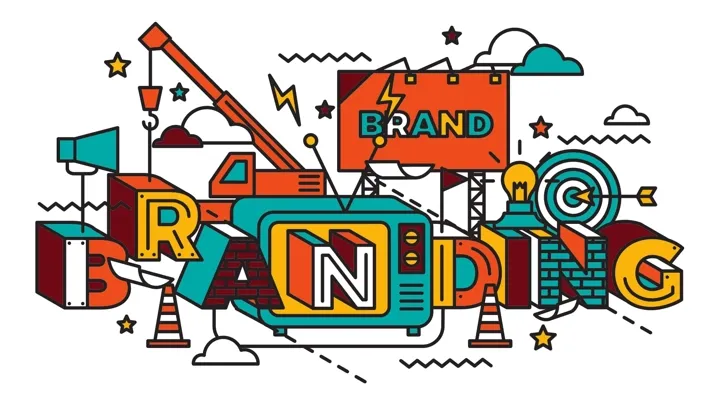
On the flip side, in a B2C marketing method, you need to deliver your brand message clearly for ultimate branding. Your message should be credible enough and resonate well with your audience to create a loyal consumer base. You must be able to create a lasting memory and quality experience for your customers in order to retain them. In short, the message you want to convey is a priority in a B2C marketing method. This is because it has the power to emotionally connect with the consumer and motivate them to buy your product.
3) Buying Cycle:
In the B2B method of marketing, you essentially sell to other businesses where several heads are involved. The people who understand your service or product need personalized and long explanation sessions before making the final purchase. This, in one way, helps you as you need to create customized content for every stage of the buying process, making your content-making game strong.
On the other hand, when you are into the B2C marketing field, the consumers here have set their requirements and know what kind of products or services they need. Hence, there is very little time to grab their attention and convince them to purchase the products you offer. You need to be spot-on with your content, which should immediately target to create a quick impact.
4) Decision-Making Process:
Since in the B2B marketing method businesses are the main target for selling, logical, planned, and rational decisions are made before making the final purchase. A lot of thought goes into analyzing the product’s qualities, and every bit is scrutinized. Both parties need to determine whether the selected product is a good fit for them. Again, at some point in the B2B marketing process, emotional decisions are considered too. There is open communication in B2B marketing.
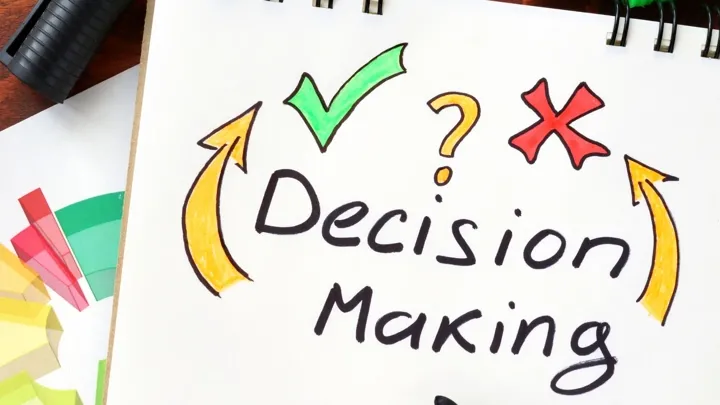
On the contrary, in B2C marketing, for the most part, emotional decisions are made and considered. Since the buyers have set their requirements, decisions are based on the product’s quality and pricing. Desire is a huge driving factor when decisions are made in B2C marketing, followed by influence since general consumers believe in advertisements. There is no direct communication. Whatever communication is done, it is carried through content creation.
5) The Time It Takes to Convert:
As discussed in the buying cycle point, in B2B marketing, there is a lot of time taken to make the final decision. Since there is a lot of analysis involved alongside product research and quality check, usually more time is needed.
On the other hand, the B2C marketing method is pretty quick. Here, consumers are more inclined toward the advertisements and purchasing the required product. Since the needs are measured mainly based on desires, not much thinking goes into buying the final product.
6) Marketing Costs:
In the B2B marketing method, a lot of money is spent on strategizing the right marketing tactics for the target audience. This happens quite naturally since there are a lot of steps involved. The entire process of selling a particular product or service goes through many heads, and analysis of each step is crucial and evident. Since B2B marketing is a long, chainlike process, it needs a lot of investment.
On the flip side, B2C marketing is a quick and inexpensive method. Here, the main target is an individual, so the overhead costs are pretty low. The quick and impulsive decision saves the marketers money and a lot of time, which they can utilize to concentrate on their next prospect.
7) Return on Investment:
B2B customers always prioritize the return-on-investment factor. They want to know about it right from the time the deal starts taking place. They demand extensive data about the efficiency of the product and its durability alongside how it can manifest the overall company processes to bring in profits and future developments. Mostly, B2B customers want to find the logic behind a product or service and the incentive found from it.
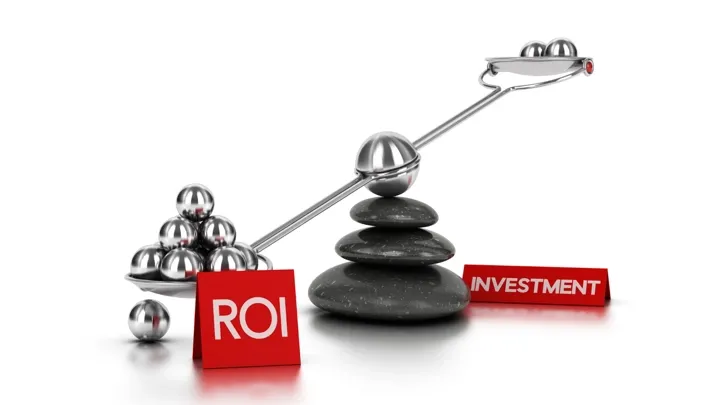
On the other hand, B2C customers do not care much about the return on investment of a particular product. They are more inclined toward deals and discounts on the products rather than their durability.
8) Target Audience:
This is by far the key difference between B2C and B2B marketing. In B2B marketing, the target audience is mostly organizations. Here, the decisions are made by the heads of the company (or its main decision-makers) who ensure that the final decision suits all levels and does not hamper any company processes. Usually, the intermediate personnel and end users are not considered in B2B marketing, and the final decision-maker is the center of attraction.
On the flip side, B2C marketers target individual consumers. They sell directly to consumers and overlook any businesses or retailers. Though B2C marketers also need to approach some decision-makers, they can still create open and comprehensive content for everyone to generate a requirement.
9) Content and Advertising:
B2B customers need to be properly educated about the product or service. Hence, content and advertising play an essential role since most of their decisions come from the explanatory content you create and provide. Moreover, detailed content is an integral part of this type of marketing.
Though content is also an integral part of B2C marketing methods, it is created to match the needs of consumers while keeping it relevant to their thought process. Only then can you pursue them to buy your products.
10) User Groups vs. Individual Buyers:
This point again explains the core idea of B2B and B2C marketing. In B2B marketing, a whole team of people or decision-makers is targeted within an organization or business. Since a group of people is involved in the final product purchase, this process needs a lot of resources.
On the other hand, the B2C method targets individual consumers with specific needs and requirements. The key here is to create content that can connect with the masses.
11) Logic vs. Emotion:
When it is about B2B marketing, logical and rational decision-making is considered more. Since it is for the overall good of an organization or business, many analytical steps are involved. Points like return on investment, durability, quality, and others are considered at every step of the deal.
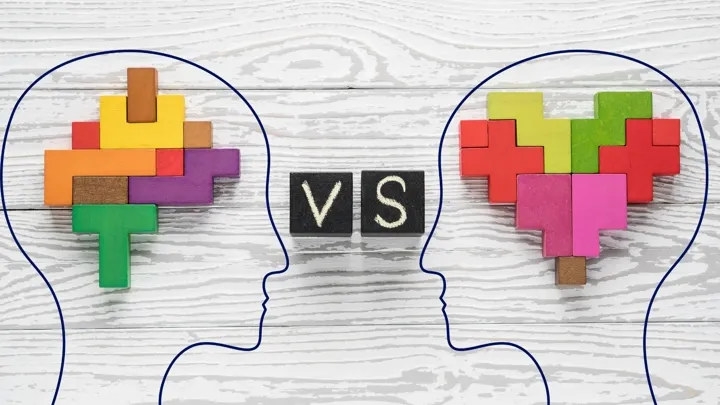
However, B2C marketing is based more on the emotional decisions and desires of the customer. Since their decisions are impulsive, they tend to buy products that are not always needed. Hence, the quality and price should be determined accordingly.
12) Educational vs. Fun:
B2B customers need more educational content or products. They use the product for the profit and further development of their organization and business ahead. More often than not, they do not care about the pricing. Instead, they look more into the return on investment and durability of the product or service.
Meanwhile, for B2C customers, they buy products for fun and entertainment. The price is a major concern for them, and the product’s long-term effects/benefits do not matter to them. For instance, if you offer a discount on the product, their chances of purchase increase since it makes the overall deal quite exciting for them psychologically.
Conclusion:
Both B2B and B2C marketing methods are equally effective. All you need to do is determine the right time and place to use them. It’s imperative to know the difference between the two so you can utilize their highest potential. Marketers should understand their target market and learn to use the right techniques to extract maximum benefits. It will help in their personal growth and also contribute toward collective growth and development of the company, organization, business, or individual.
